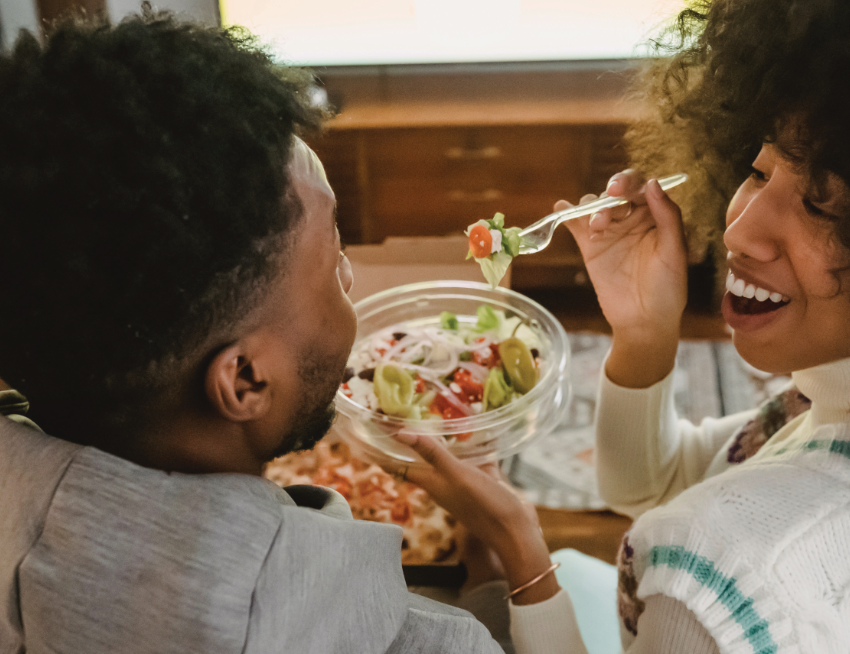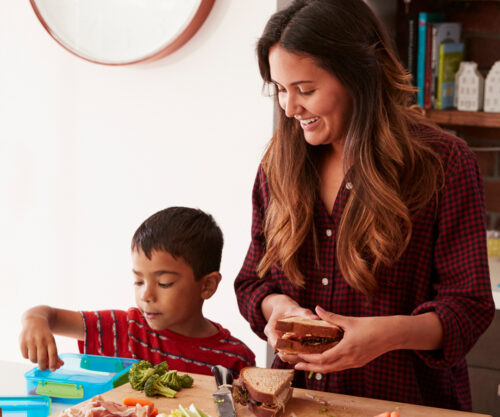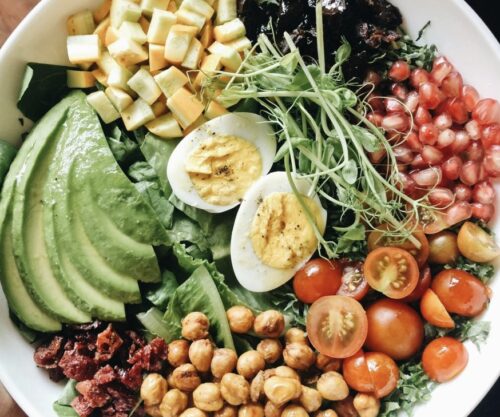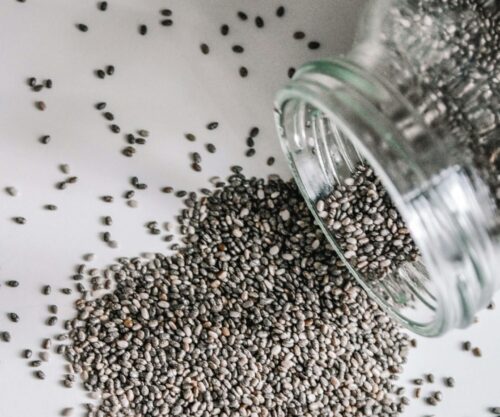
According to Healthline, a healthy relationship with food entails giving yourself unconditional permission to eat foods that make you feel good both physically and mentally. There are no forbidden foods, and you don’t feel guilty about eating foods that are typically labeled “good” or “bad.”
Food is an essential part of our daily lives. It provides us with energy and should make us feel good. Recognizing the signs of a healthy relationship with food will enable you to take the necessary steps to strengthen it.
Here are a few tell tale signs that you have a healthy relationship with food, courtesy of Flourish.
1. You don’t feel guilt, shame, or regret about what you eat
Guilt, shame, and regret aren’t helpful emotions in most situations, but they’re definitely not helpful for your relationship with food. If you feel guilty or ashamed after eating something, that can lead to a vicious cycle where you restrict yourself in an attempt to make up for the “bad” thing you ate, which can lead to more binge-eating and guilt later.
2. You eat the same way, whether you’re with other people or by yourself
If you find yourself eating differently when you’re with other people than when you’re alone—for example, if you eat more at meals with friends than when dining alone, it is likely that your eating habits are being influenced by people whose opinions matter to you.
3. You don’t routinely eat to the point of discomfort
It’s that time of year again. However, if you find yourself overeating frequently, especially late at night or on weekends, this could be a sign that your relationship with food isn’t in the best shape.
Having a positive relationship with food does not happen overnight. Rather, it’s something you’ll have to work on for the rest of your life, just like you’d work on a relationship with your partner, friend, or any other significant person in your life.
Also see: Foods that can help reduce anxiety




